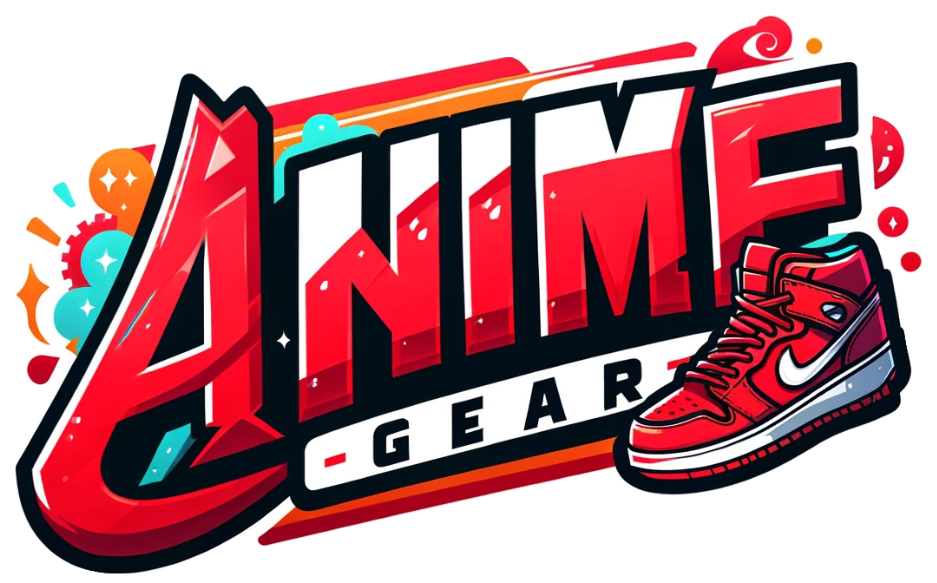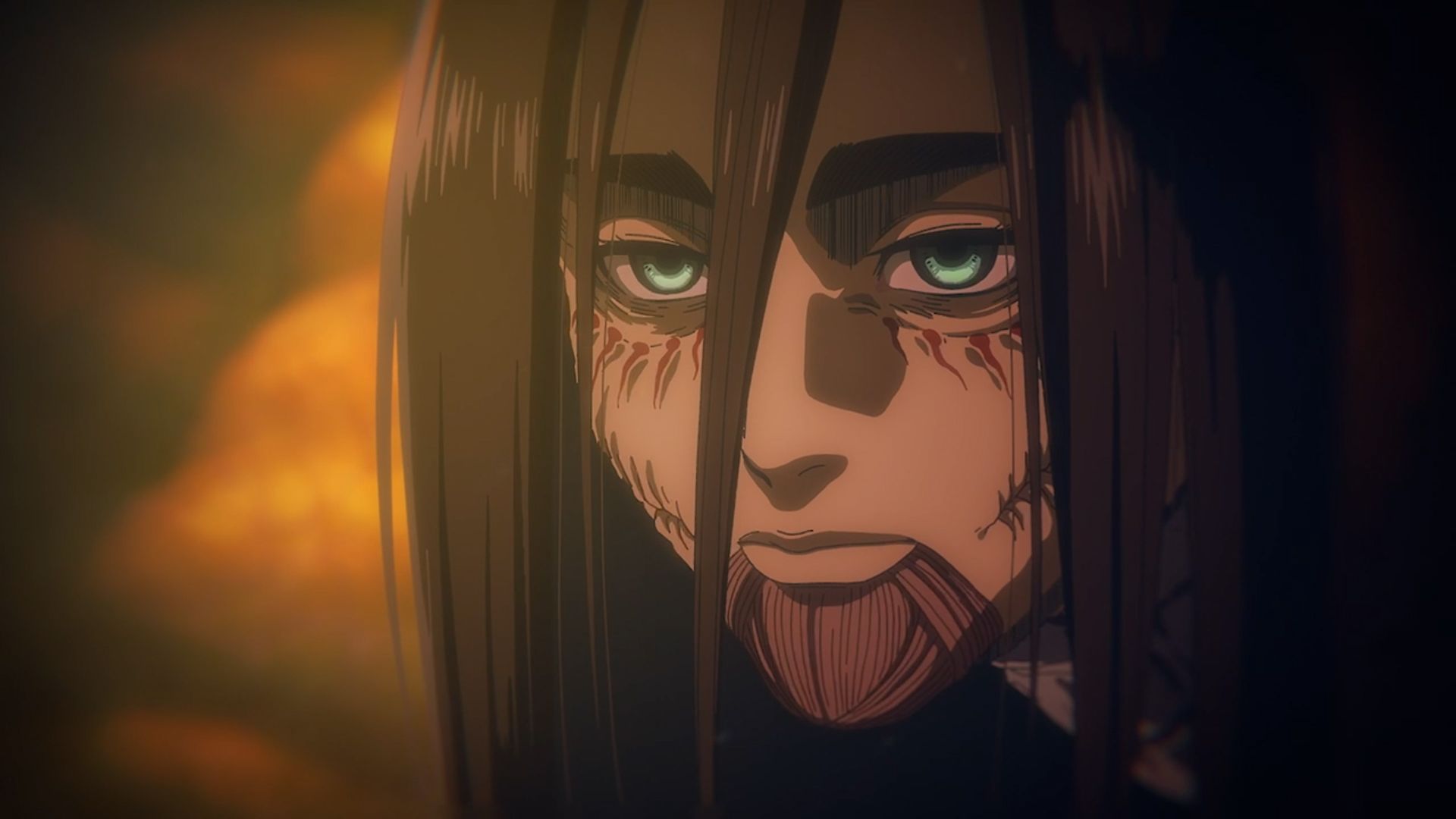The Unsettling Finale of Attack on Titan: Reflecting on Eren’s Legacy
As the screen faded to black on the last episode of “Attack on Titan,” it was clear that this ending was never meant to be comforting. The series, which has gripped the hearts of viewers for over a decade, came to a close, leaving behind a legacy as colossal as its titular Titans. From the haunting cries of its characters to the thundering scores that have become synonymous with epic anime soundtracks, “Attack on Titan” delivered a finale that was anything but ordinary. Yet, as we sat through the credits, a lingering mix of fear, sadness, and shame filled the room—a testament to the profound connection fans have forged with this animated masterpiece.
“Attack on Titan” carved its niche in the anime world not just as a story of survival but as a dark reflection on humanity’s penchant for destruction. As the anime concluded, it became evident that the journey was as much about grappling with internal demons as it was about fighting the monstrous titans.
Eren Yeager: The Heart and Conflict of “Attack on Titan”
In the heart of this conflict was Eren Yeager, a character who split the fan base only to rebuild it around his complex narrative arc. Eren’s evolution—or perhaps devolution—from a zealous freedom fighter to a world-weary destroyer has been controversial and thought-provoking. His final acts, culminating in the “The Final Chapters Special 2,” challenged viewers to reassess their hero’s journey through a grim lens.
In many ways, Eren represented the quintessential anime protagonist: young, fiery, and flawed. However, his ultimate path defied the shonen trope of triumphant victory through sheer will. The series finale forced fans to confront a harsher reality where ideology and innocence lie in tatters at the feet of personal ambition and despair. This narrative choice was daring, resonating with an audience that had matured with the series, prompting introspection about the cost of victory and the price of ideals.
The timeskip revealed a new side of Eren, one that brought the series’ darker themes to the forefront. As viewers, we witnessed the collision of Eren’s relentless drive with the immovable object of an unchangeable human nature. “Attack on Titan” asked us to consider whether true peace was ever possible in a world entrenched in cycles of revenge and oppression.
Legacy and Lessons: What “Attack on Titan” Leaves Behind
The end of “Attack on Titan” is a poignant commentary on the cyclical nature of violence and the human condition. The anime has left an indelible mark on the industry, pushing the boundaries of what viewers expect from ‘mainstream’ anime. It’s a narrative that refuses to conform to comfortable storytelling, choosing instead to leave its audience with a lingering sense of discomfort—a mirror to the real world’s often unpleasant truths.
As a series that has spurred countless discussions, fan theories, and academic inquiries, “Attack on Titan” stands as a cultural phenomenon. Its ending is a crescendo of all its challenging questions about power, freedom, and what it means to grow up in a world fraught with peril and prejudice.
Reflecting on personal growth, the show’s conclusion is an invitation to acknowledge the complexity of adolescence and the transition into adulthood. The ending serves as both a literal and metaphorical farewell to the parts of ourselves that find solace in the black-and-white morality of childhood. It’s a call to accept the ambiguity and difficulties that come with maturity.
For those of us who have found pieces of ourselves in Eren’s journey, the finale is a difficult but necessary parting. In its wake, “Attack on Titan” leaves a legacy that transcends its medium, challenging every viewer to confront the titans within themselves and the society at large.
In concluding, “Attack on Titan” has not only redefined what anime can achieve in terms of storytelling and cultural impact but also provided a space for viewers to confront the darker aspects of their nature and the realities of the world. As we move beyond the series, the lessons it imparts about understanding, empathy, and the consequences of our choices will continue to reverberate, reminding us that sometimes, the greatest battles are fought within the confines of our conscience, long after the titans have fallen.


